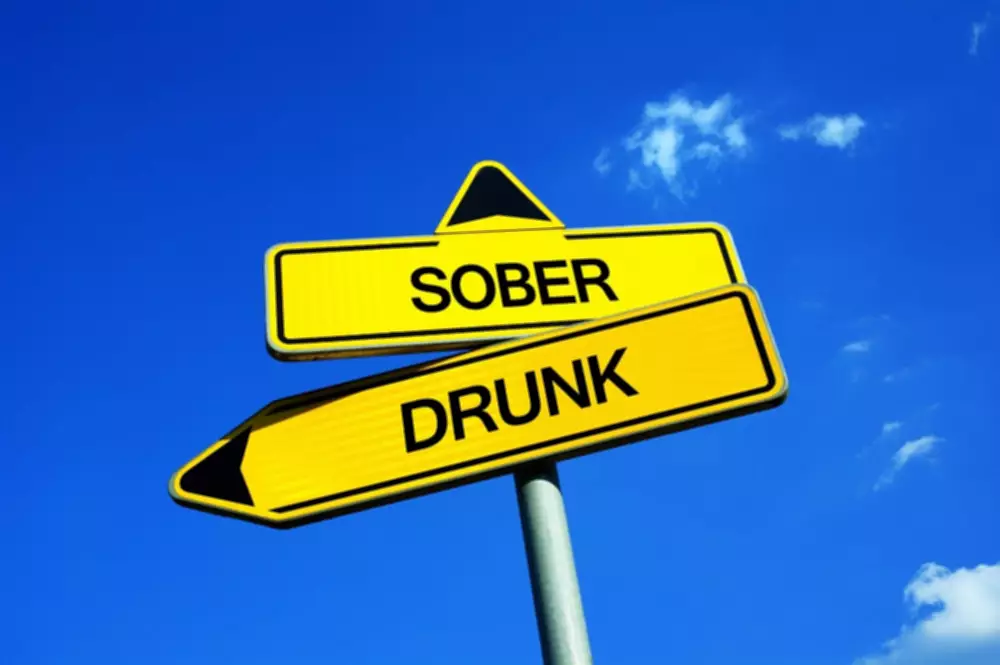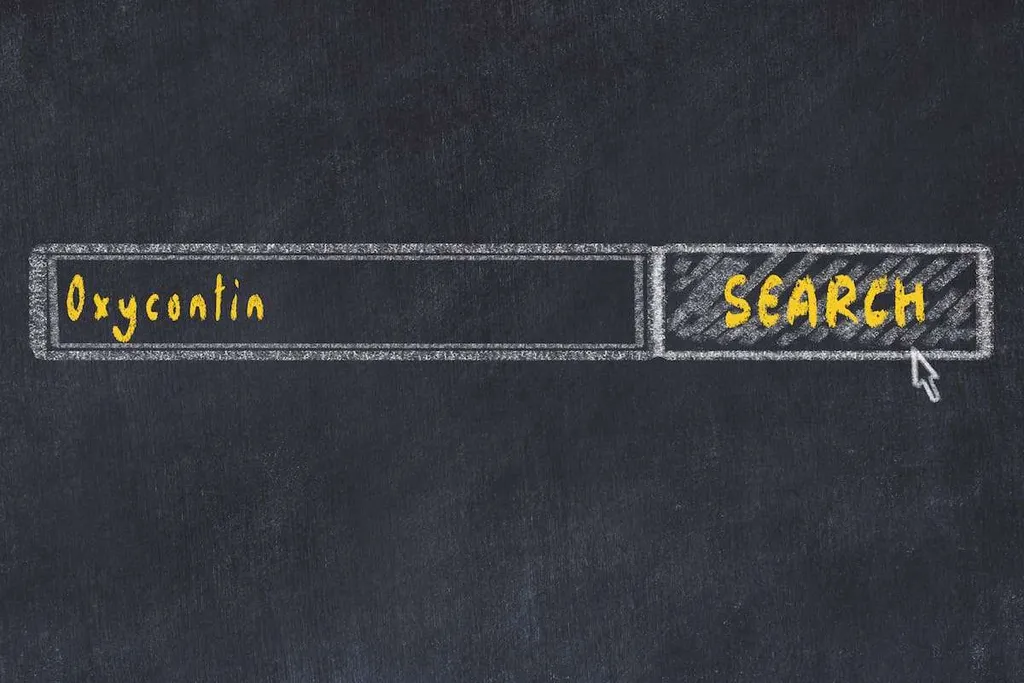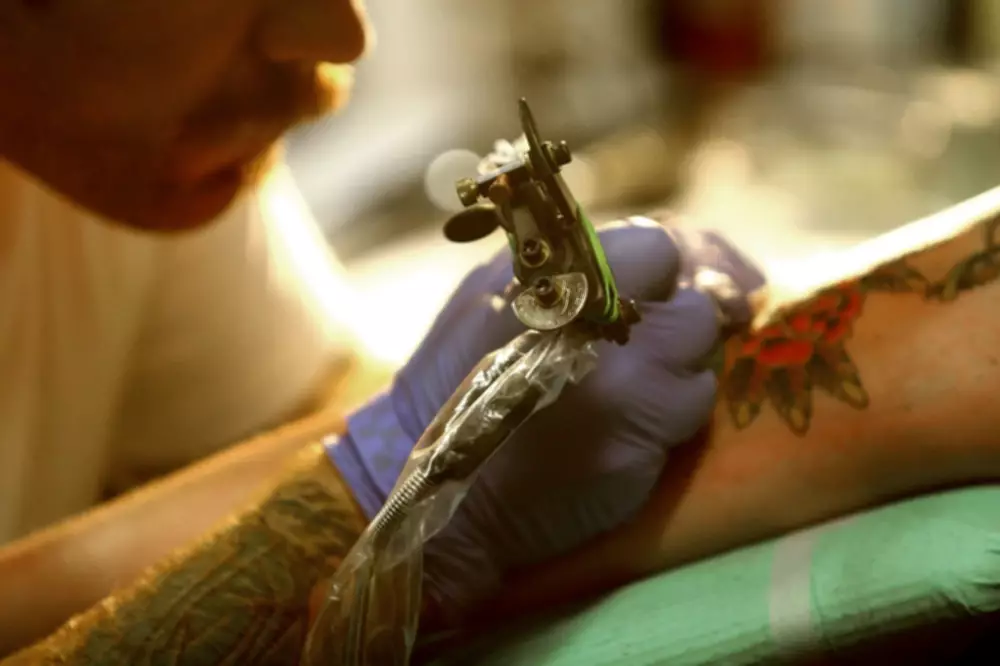
The only way to avoid these potential long-term health risks is by abstaining from alcohol consumption altogether. It is also important to keep in mind that drinking too much water can cause electrolyte imbalances in the body and can lead to more serious health issues. Therefore, it is best to stick with an appropriate hydration plan that takes into account a person’s size and alcohol consumption habits. This will help ensure that enough water is being taken in to effectively flush out any remaining traces of alcohol from the system without causing any negative side effects. It is recommended to drink at least one glass of water for every alcoholic beverage that you consume.
How often should you drink water to flush out alcohol?
- Alcohol is absorbed into the bloodstream rapidly, and additional water intake does not affect its concentration.
- Never disregard professional medical advice or delay in seeking it because of something you have read on this website.
- This causes the person to experience a variety of physical symptoms such as an increase in heart rate, dilation of the blood vessels, and reddening of the skin.
- Alcohol can dehydrate your body, so drinking water before, during, and after consuming alcohol can help mitigate hangover symptoms.
Several studies have shown that alcohol elimination rates in humans are typically between 0.12 and 0.16 g/L/h. Stress can cause a slight uptick in elimination rates, making it 0.18g/L/h on average. EtG remains detectable in urine for approximately 2-3 days following the last consumption. The EtG urine test is essential when complete abstinence is required, such as during withdrawal or in professional settings with zero-tolerance policies. The complex carbohydrates in whole grains help absorb the extra alcohol in your system and provide much-needed B vitamins that are lost when you drink. Metabolizing alcohol is a complex process and most ranges are “averages” rather than how long it will specifically take you to metabolize that alcohol.
- Binge or heavy drinking can lead to severe impairment that significantly impacts memory, balance, coordination, decision-making, and impulse control.
- The more one drinks, the longer it takes for the body to process and eliminate the alcohol.
- Join us for evidence-based guidelines, expert tips, and resources for a new life.
- Exercise also releases endorphins which can make you feel better overall even if you have had too much to drink.
Myth 1: Water Can Completely Flush Out Alcohol
Sports drinks or coconut water are excellent options for rehydration after a night out since they provide essential nutrients alongside fluids. Drinking water can help mitigate some effects of alcohol but won’t completely flush it out Substance abuse of your system. It is a colorless, volatile, flammable liquid that is the active ingredient in alcoholic beverages.
How Does Water Affect Alcohol Absorption?
In addition, drinking plenty of water before, during, and after drinking can help the body metabolize the alcohol faster, and keep the body hydrated while drinking. So, the next time you have a few drinks, make sure to have a glass of water nearby to help flush out the alcohol and keep you feeling your best. The liver’s metabolic capacity dictates how quickly one processes alcohol; therefore, moderation remains key for responsible consumption.
Our metabolic processes determine how quickly alcohol is broken down, converted, and eventually eliminated. Alcohol metabolism differs between men and women due to variations in body composition. Women tend to have a higher percentage of body fat and lower water content, causing alcohol to stay in their bodies longer. As a result, women achieve higher blood alcohol levels (BALs) compared to men after consuming the same amount. Additionally, alcohol metabolizes slower in women’s stomachs and upper intestines, allowing more alcohol to reach the bloodstream and other organs, leading to increased organ damage.
Getting Sober at Castle Craig

However, popular detox diets rarely identify the specific toxins they aim to remove or the mechanism by which they supposedly eliminate them. Caffeine is a stimulant, which can perk you up and reverse some of alcohol’s effects. If you’ve had a drink or two, you might be wondering just how long that alcohol will stay in your system. Jessica Plonchak serves as Executive Clinical Director at ChoicePoint. She has a Bachelor’s degree in Psychology and a Master’s degree in Social Work. With 17 years of relevant experience, she has helped several clients in their journey to recovery from addiction.
The causes of leaky gut stem from various factors, with diet playing a significant role. Chronic stress, environmental toxins, and gut infections like Candida overgrowth or SIBO further contribute to increased intestinal permeability. When the gut barrier is compromised, undigested food particles and toxins leak into the bloodstream, triggering immune responses that may lead to inflammation and autoimmune diseases. Identifying and eliminating these triggers is crucial for gut health restoration. I’ve told you about how alcohol is processed in your body, how long it can stay in your system, and the effects it has on your body. Now I’m going to tell you how to get alcohol out of your system and ways you can support your body’s detoxification process.
- Trying to force alcohol out of your system with extreme measures can be dangerous.
- Although everyone knows water is vital for sustaining life, you may be surprised to learn the role it can play in your recovery.
- Your blood alcohol content (BAC) level is reduced by 0.015 per hour.
Can drinking water help flush alcohol out of your system?
This idea likely stems from a misunderstanding of how metabolism works. The liver’s capacity to metabolize alcohol remains constant; therefore, no amount of water will accelerate this process significantly. The maximum amount of alcohol that can be safely consumed varies from person to person and is dependent on factors such as size, body weight, and tolerance level.

What Are the Effects of Drinking Alcohol?
When you drink, alcohol is absorbed into your bloodstream through your stomach and small intestine. Your liver does water flush alcohol out of your system then processes the alcohol, breaking it down at a rate of about one standard drink per hour. The amount of time it takes for alcohol to leave your system depends on various factors such as your age, weight, gender, and overall health. People drinking alcohol should drink two to three glasses of water between drinks, and those who are hungover should drink plenty of water throughout the day.

The Role of Electrolytes in Recovery
However, the truth is that water alone is not capable of eliminating alcohol from your body. While it is essential to stay hydrated, simply drinking water will not speed up the process of alcohol elimination. Drinking plenty of water throughout the day and while consuming alcohol can help speed up alcohol metabolism. Eating high-protein foods before drinking can also help, as proteins slow the absorption of alcohol into the bloodstream.